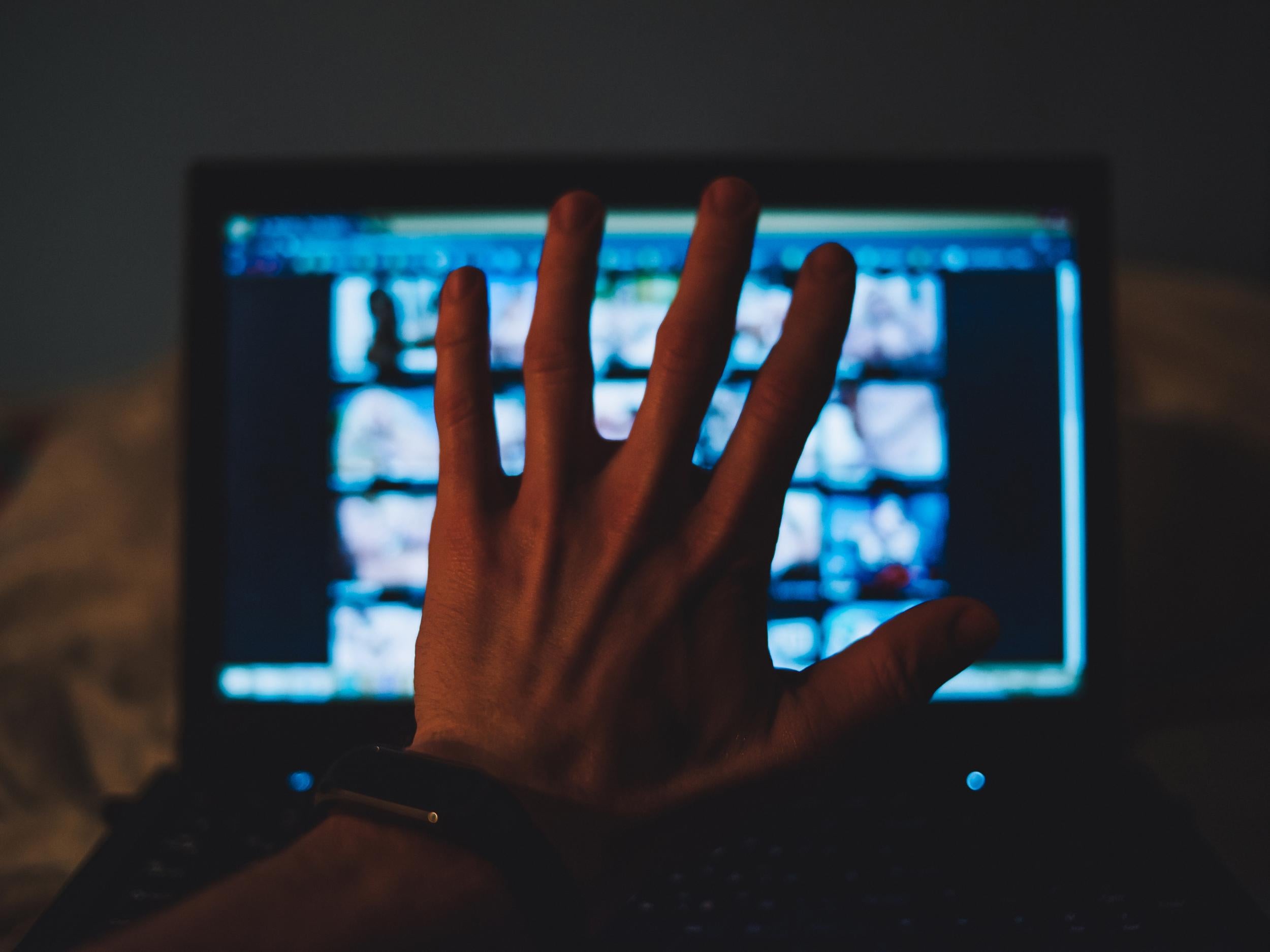The Independent's journalism is supported by our readers. When you purchase through links on our site, we may earn commission.
The government’s impending porn ID checks are a danger to us all – here’s why
We’re increasingly embracing legislation that pushes censorship under the guise of ‘protective measures’


The government has shown, time and again, that its grasp on anything remotely digital has been severely lacking for quite some time now.
Last year, the then digital, culture, media and sport (DCMS) secretary launched his famous Hancock-up of an app, “Matt Hancock MP”. Aside from the unimaginative name, and the bizarre notion that individual MPs need apps dedicated to them, the real irony hit was when it was revealed that it breached UK data protection laws.
And it didn’t get better when current digital secretary, Jeremy Wright, took over either. Within hours of the government’s announcement of his appointment, people started to notice that he had barely sent out a tweet from his former personal account, let alone uttered the word “digital” more than twice in his 13 years in parliament.
Nevertheless, these are the people we’ve been forced to trust with governing the way we use the internet in Britain.
Yet, in my view, the government’s worst digital offence in recent history still has yet to arrive.
Under the Digital Economy Act – the law that has given the British Board of Film Classification (BBFC) powers to block adult content websites that have failed to employ age verification tools – not only has the government once again wildly overestimated its grasp on what makes the internet work, but it seems to have no idea how it can implement its own new restrictions.
It’s already been a year since the porn blocks were first meant to have been rolled out. But, thwarted by a confusion over how it would actually set the verification mechanism up, it was pushed back to 1 April this year. And there are whispers it could be delayed yet again.
For now though, whenever the system is ready, it will come in the form of AgeID, which is owned by Mindgeek, the internet giant behind Pornhub, Youporn and more, while regulation will be handled by the BBFC.
Not only does that mean giving MindGeek an even bigger monopoly on the porn industry, which will, without a doubt, hurt a number of perfectly harmless independent porn platforms, it means handing over your personal details in order to access these sites. And yes, you could argue that if you’ve got nothing to hide, you should have nothing to be afraid of, but the situation immediately becomes more worrying the second you remember that you aren’t in charge of deciding what is “acceptable” and what isn’t anyway.
In truth, it’s about luck. Of course there are some parts of the internet – such as exploitative imagery of children – where regulation is more than welcome. But there is a worry that porn watching will only be sanctioned if it happens to be confined to the corners of the internet the BBFC have deemed satisfactory. And even then, as the digital rights organisation Open Rights Group argues, you’ll have pretty much given the government the go-ahead to keep a record of whatever it is that you do watch. In its report on UK internet regulation, for example, it notes that while it “does not cover privacy concerns”, it’s worth recognising that they “could easily lead to a chilling effect, whereby UK residents are dissuaded from accessing legal material because of worries about being tracked or their viewing habits being leaked”, which is the completely opposite of what the government claims to be working towards.
We’ve already seen how this sort of subjective approach to adult content has worked in the past. In 2014, for example, marginalised communities working in the adult industry bore the brunt of sweeping changes to legislation through an amendment to the 2003 Communications Act. UK porn producers of some LGBT+ focused content in particular, were suddenly put under further restrictions.
Far more knowledgeable people on the subject have indicated just how dangerous those restrictions, as well as the current moves really are. Like our US counterparts, we’re increasingly embracing legislation that pushes censorship under the guise of protective measures – child safety being the main issue cited as the driving force behind our own increasingly prudish approach to adult content.
The line has barely shifted since David Cameron’s 2013 speech warning of online pornography’s corrosive impact on “childhood”.
And as well as rendering niche groups and acts, which don’t threaten children’s safety, as inherently immoral, this legislation will disproportionately hurt those who can’t afford MindGeek’s age verification tool in the first place, or, may not agree with being governed by their direct competitor.
Sex workers too, as always seems to be the case when it comes to strengthening “protective measures” for individuals, will have their work even more extremely scrutinised, now with a stronger remit to essentially bar them from the internet – which so many sex workers already rely on – and an inevitable push to more underground activity.
These are all changes that, hidden behind confusing jargon and political manouevring that are almost as hard to keep track of as Brexit, have been on the horizon for a while. But now that they’re closer, we should all treat this with more concern than we are currently. Our freedom to use the internet without overbearing censorship is at stake.
Join our commenting forum
Join thought-provoking conversations, follow other Independent readers and see their replies
Comments
Bookmark popover
Removed from bookmarks